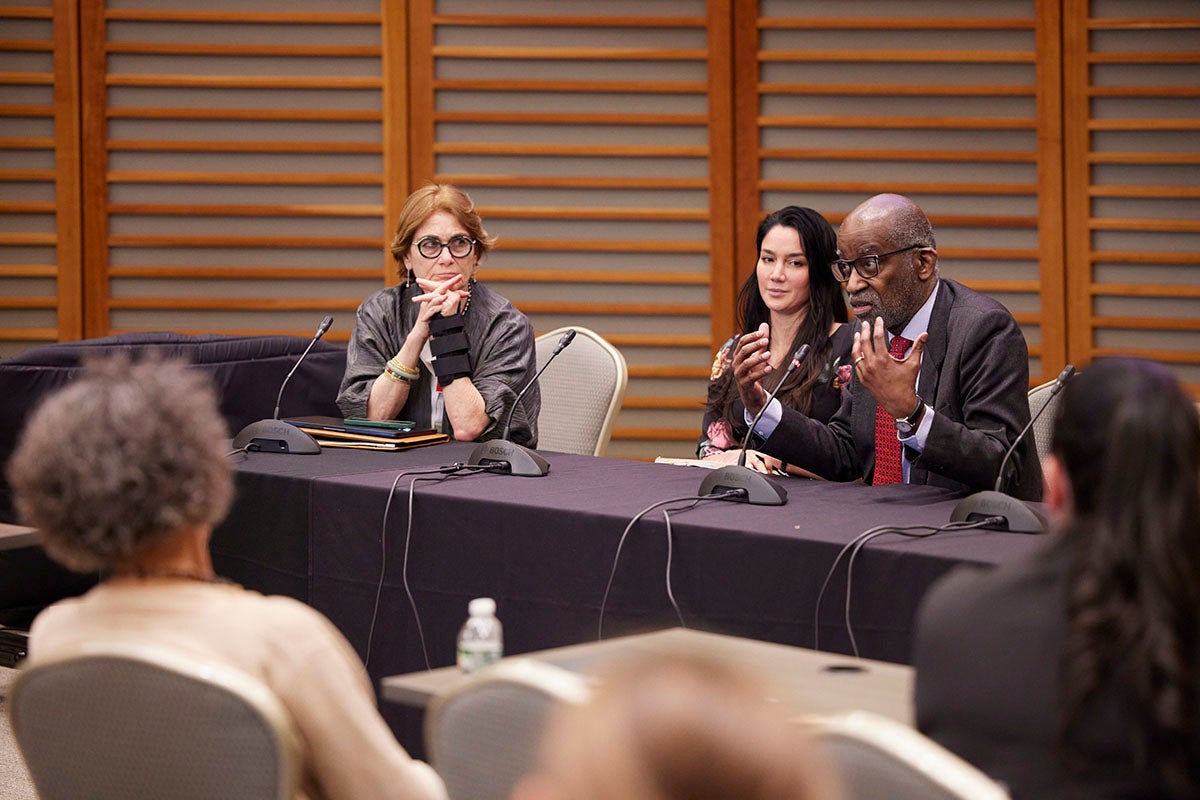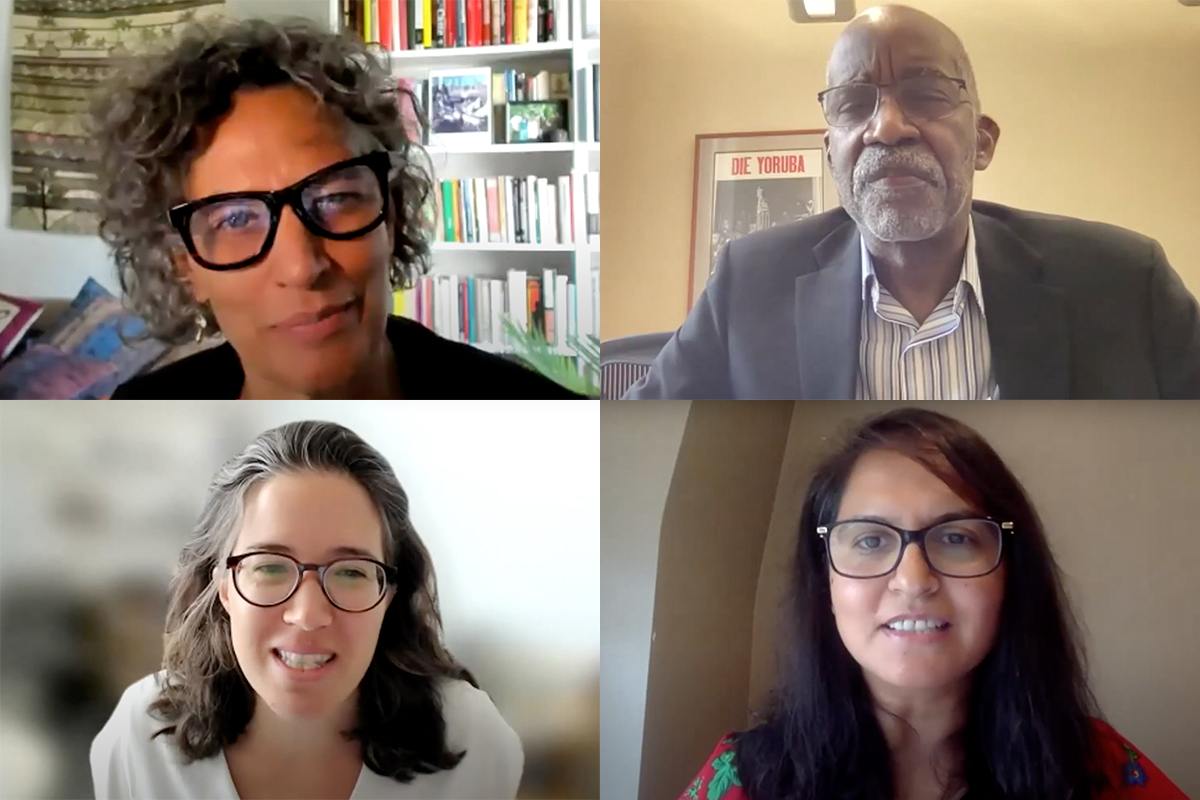Advancing health justice with data
Emily Wright, PhD ’23, is shedding light on U.S. domestic workers’ health risks.

Conference explores link between anti-Roma racism and health disparities
The health-related repercussions of anti-Roma racism were discussed at the 11th annual Roma Conference at Harvard Chan School.

Politics driving increased mortality rates across the U.S.
Death rates are up among Americans, with people in some places faring worse than others—and toxic partisan politics is likely playing a role, according to recent research.

Project uses geographic data to show that where a person lives matters to their health
Harvard Chan School's Nancy Krieger and colleagues have updated and broadened a project aimed at training people in how to track and monitor socially related disparities having to do with where a person lives.

Political ideology of U.S. elected officials linked with COVID-19 health outcomes
Study finds the higher the exposure to political conservatism, the higher the COVID-19 mortality rates and stress on ICU capacity

COVID death rate now higher in whites than in Blacks
The COVID death rate among Black Americans—which was the highest in the U.S. for many months during the pandemic, due to health disparities—is now lower than that of white Americans.

Racism, sexism, social class, and health—30 years ago and today
Nancy Krieger reflects on the still-relevant themes of a paper for which she was first author three decades ago about racism, sexism, social class, and health.

Sexual assault, harassment, may raise women’s risk of high blood pressure
Experiencing sexual violence or workplace sexual harassment may raise a woman’s long-term risk of developing high blood pressure compared to women who have not experienced these traumatic events.

The Age of Trauma
A global pandemic. Horrific acts of police violence. Political upheaval. The climate crisis.The opioid epidemic. With sources of stress piling up and intersecting in new ways, a growing number of mental health experts are looking to root-cause solutions.

Symposium encourages ‘anti-racism’ focus for public health
More than a dozen experts at the intersection of race and public health recently gathered for a virtual symposium to discuss structural racism’s negative impacts on health and how public health research can help inform policy change aimed…
